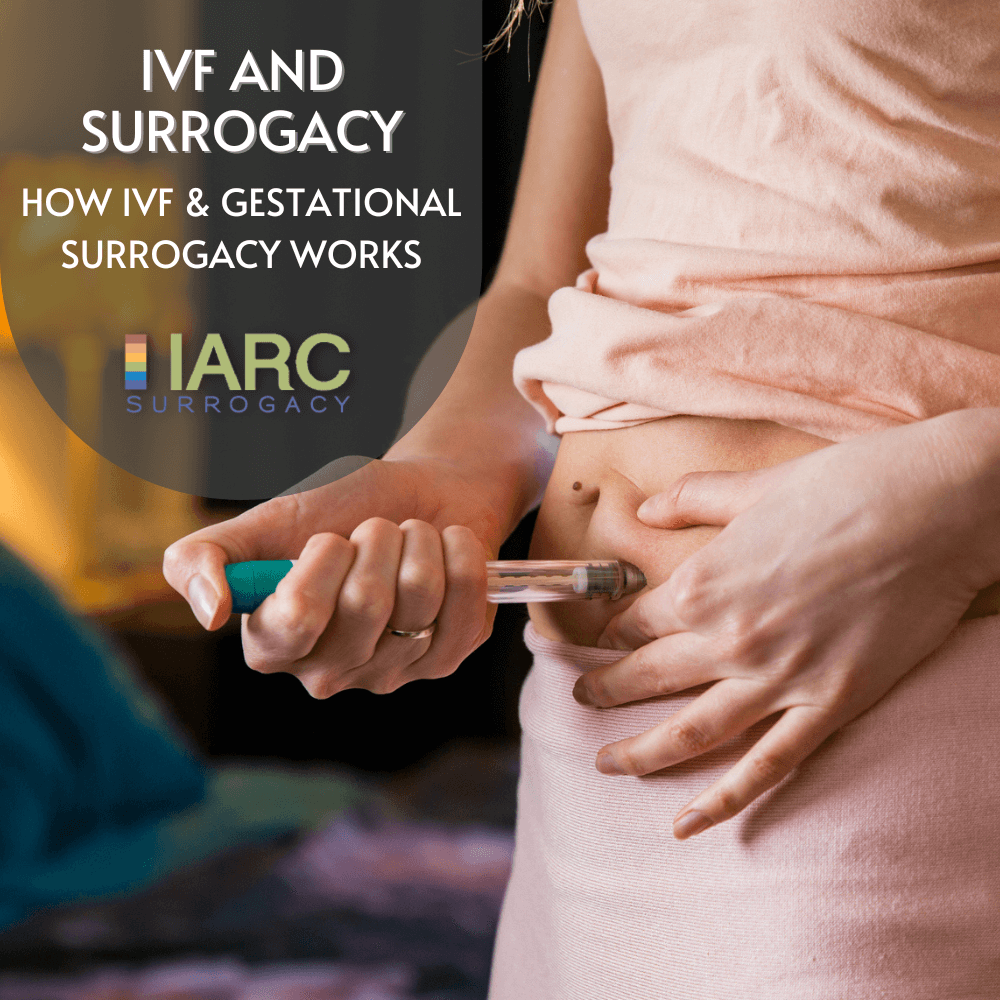Surrogacy, a reproductive arrangement where a woman carries and delivers a child for another individual or couple, has emerged as a complex and increasingly debated practice across the globe. As advances in reproductive technology and changing societal norms reshape family structures, the legal frameworks governing surrogacy have not kept pace, resulting in a patchwork of regulations that vary significantly from one jurisdiction to another. In some countries, surrogacy is embraced and regulated, providing clear pathways for intended parents and surrogates alike. Conversely, other nations impose stringent restrictions or outright bans, often rooted in ethical, cultural, or religious considerations.
This article aims to explore the myriad legal barriers associated with surrogacy learn more, examining both permissive and prohibitive environments around the world. By understanding these diverse legal landscapes, stakeholders—including policymakers, legal practitioners, and prospective parents—can navigate the complexities of surrogacy more effectively. Additionally, this exploration highlights the pressing need for cohesive international standards and frameworks that can harmonize practices and protect the rights of all parties involved, ensuring that surrogacy remains a viable and ethical option for expanding families in an increasingly interconnected world.
Surrogacy Laws Vary by Country
The legal landscape surrounding surrogacy is complex and highly variable across different nations, reflecting a range of cultural, ethical, and social attitudes toward reproductive technologies and family structures. In some countries, such as the United States and Canada, surrogacy is largely regulated at the state or provincial level, leading to a patchwork of laws that can differ significantly even within a single country. This creates challenges for prospective parents, as they must navigate varying requirements regarding eligibility, compensation, and parental rights. Conversely, many countries impose strict prohibitions on surrogacy, viewing it as an exploitation of women or as incompatible with local moral frameworks. In these regions, engaging in surrogacy can lead to significant legal consequences for all parties involved.
The disparities in surrogacy laws extend to issues such as the enforceability of surrogacy agreements and the recognition of parental rights. In some jurisdictions, surrogacy agreements are legally binding, providing clarity and protection for the intended parents. In contrast, other countries may not recognize such contracts, placing the legal status of the child and the rights of the surrogate mother in a precarious position. These variations underscore the importance of understanding local laws and regulations before pursuing surrogacy options, as failing to comply with local legal frameworks can result in prolonged legal disputes and complications related to custody and citizenship for the child.
Understanding global legal frameworks for surrogacy is crucial for potential parents and surrogates.
A comprehensive grasp of the diverse legal frameworks governing surrogacy is essential for all parties involved, as it informs their rights, obligations, and potential risks. For prospective parents, knowledge of the legal environment can significantly impact their journey, influencing decisions such as where to pursue surrogacy arrangements and how to ensure that their future parental rights are protected. This understanding also extends to surrogates, who must be aware of their rights and protections to avoid exploitation and ensure their well-being throughout the surrogacy process.
Moreover, the intricacies of legal recognition and enforceability of agreements can vary widely, affecting everything from parental recognition to citizenship rights for the child. Without a clear understanding of these legalities, both intended parents and surrogates may face unforeseen challenges, including disputes over compensation, custody, and the legal status of parental rights. As such, thorough research and professional legal guidance are indispensable to navigate the complexities of surrogacy laws and to safeguard the interests of all involved parties.
Ethical Considerations in Surrogacy Agreements
Ethical considerations in surrogacy agreements encompass a range of complex issues that reflect the moral dimensions of assisted reproduction. One primary concern is the potential for exploitation, particularly in cases where surrogates may come from disadvantaged backgrounds. Ethical frameworks emphasize the importance of ensuring that surrogates fully understand the implications of their decisions and are compensated fairly for their role, which raises questions about the balance between financial incentives and informed consent. Additionally, the emotional and psychological aspects of surrogacy must be carefully navigated to protect the interests of all parties involved, including the surrogate, the intended parents, and the child.
Another critical ethical issue pertains to the commodification of human life. As surrogacy arrangements often involve significant financial transactions, there is ongoing debate about whether such practices reduce the act of bearing a child to a mere business deal. This perspective raises moral questions about the nature of motherhood and the rights of the child, as well as the obligations of intended parents to consider the surrogate’s welfare as paramount. Addressing these ethical dilemmas requires a thoughtful approach that considers the implications of surrogacy on societal norms, family dynamics, and the experiences of all individuals involved in the process.
Navigating ethical concerns is essential to ensure fair treatment for all parties involved in surrogacy.
The ethical landscape surrounding surrogacy demands thorough examination to safeguard the rights and welfare of all participants. Ensuring that intended parents and surrogates engage in fair and transparent practices is paramount. This includes providing comprehensive information about the surrogacy process, potential risks, and the emotional ramifications involved. By fostering an environment of trust and clarity, stakeholders can mitigate misunderstandings and foster a more equitable partnership.
Moreover, addressing ethical concerns also involves creating robust support systems for surrogates throughout the process, which can include psychological counseling and legal protections. Such measures help ensure that surrogates are not only adequately compensated but also empowered to make informed decisions regarding their bodies and health. Ultimately, a commitment to ethical practices in surrogacy is fundamental to promoting justice and respect for all parties involved, thereby enhancing the integrity of the surrogacy experience.
Key Legal Challenges Faced Worldwide
The landscape of surrogacy is fraught with legal challenges that vary significantly across different jurisdictions, often reflecting cultural, ethical, and policy-driven differences. One of the primary issues is the lack of uniformity in laws governing surrogacy arrangements, which can lead to complex legal disputes over parental rights, custody, and the enforceability of contracts. In some countries, surrogacy is entirely prohibited, while others allow it under stringent conditions, creating a patchwork of regulations that can complicate international surrogacy arrangements. Intended parents may find themselves navigating a convoluted legal framework, with the potential for conflicting laws between their home country and that of the surrogate.
Additionally, many jurisdictions lack clear guidelines to protect the rights of surrogates, often leaving them vulnerable to exploitation or coercion. In some cases, surrogates may not receive adequate legal counsel, leading to misunderstandings about their rights and responsibilities. The absence of comprehensive legal protections can also discourage potential surrogates from participating, further complicating access to surrogacy for intending parents. These legal challenges underscore the importance of advocating for better regulatory frameworks that ensure both ethical practices and the protection of all parties involved in surrogacy arrangements.
In conclusion, navigating the complex landscape of surrogacy laws reveals significant disparities across different regions of the world. While some countries embrace surrogacy as a viable option for family formation, others impose stringent legal barriers that can hinder access and create uncertainty for intended parents and surrogates alike. Understanding these restrictions is crucial for individuals considering surrogacy, as well as for policymakers aiming to create more equitable frameworks. As the global conversation around reproductive rights continues to evolve, it is essential to advocate for legal reforms that prioritize the rights and well-being of all parties involved, ensuring that surrogacy can be a safe and accessible path to parenthood for those who choose it.



